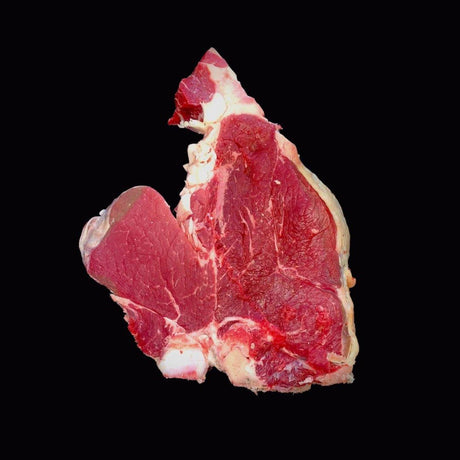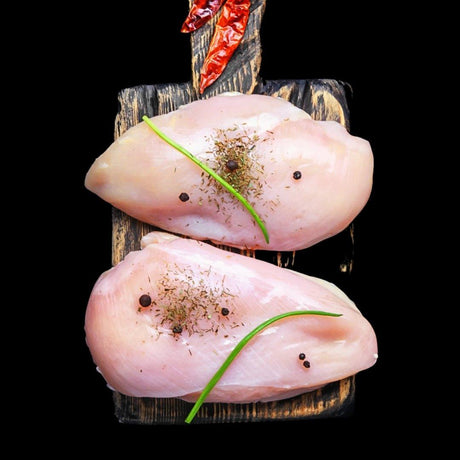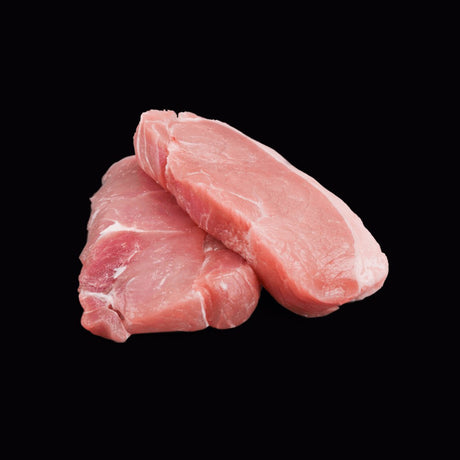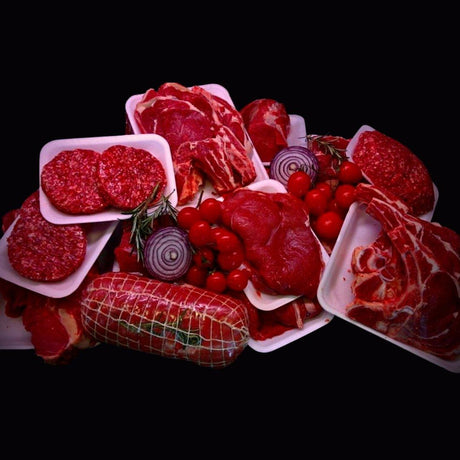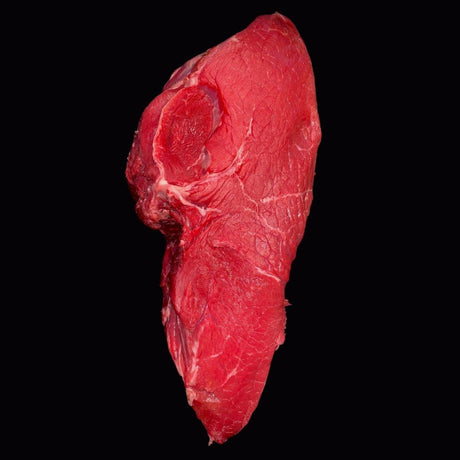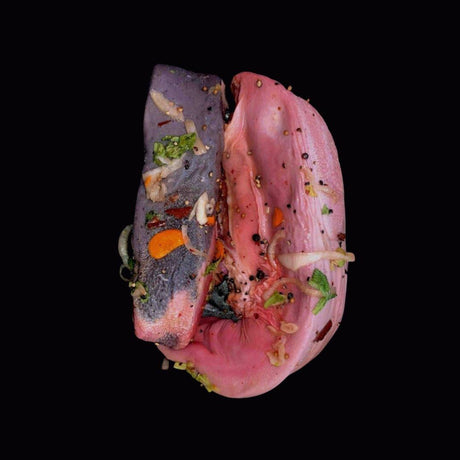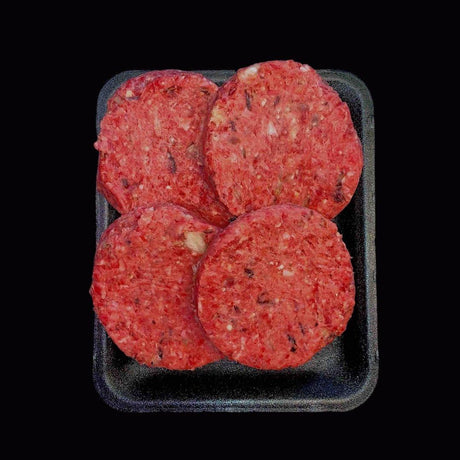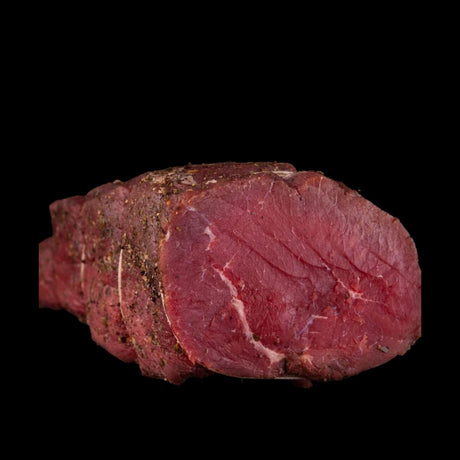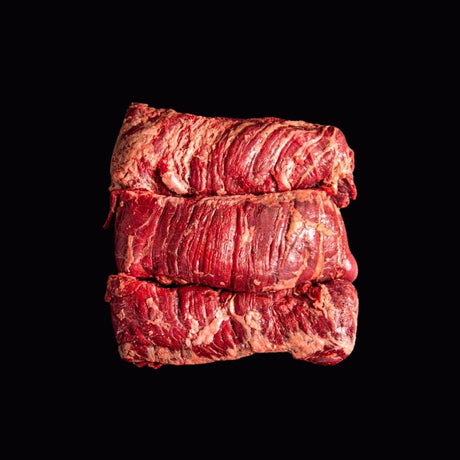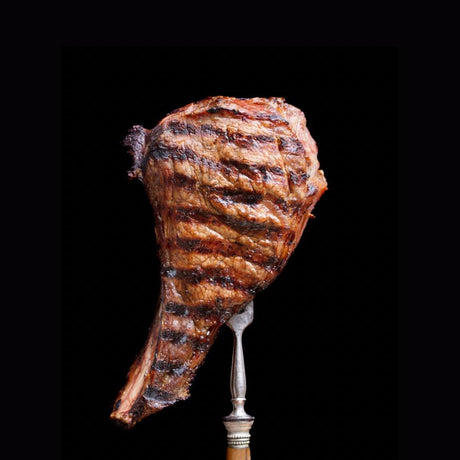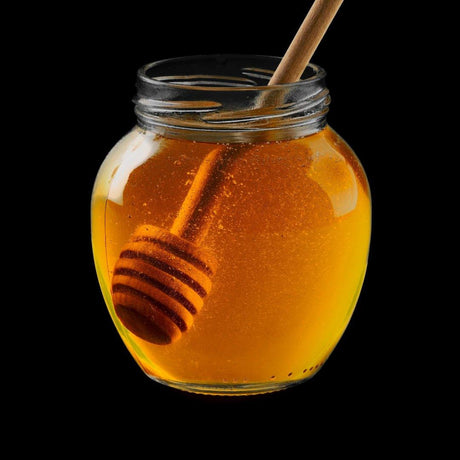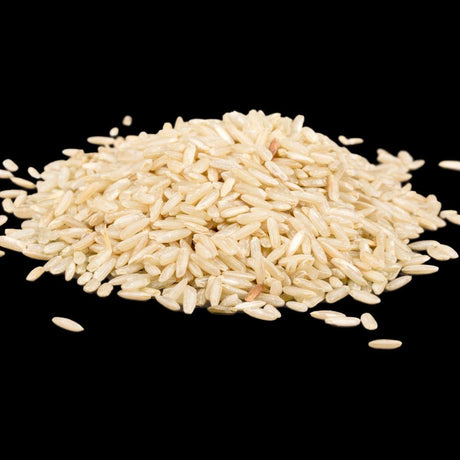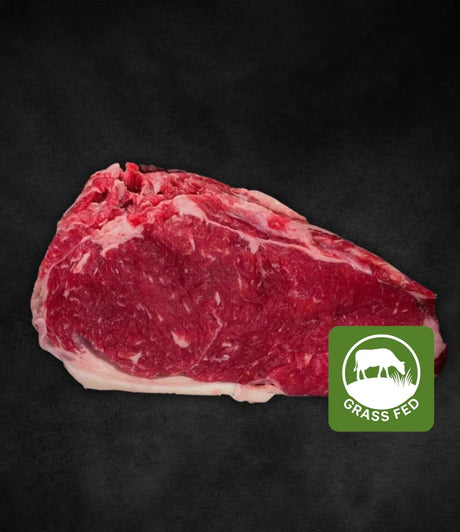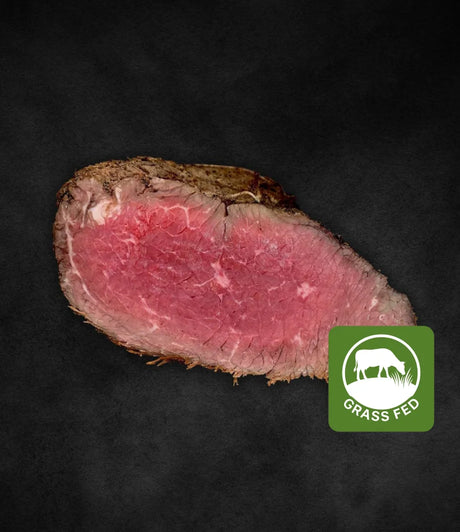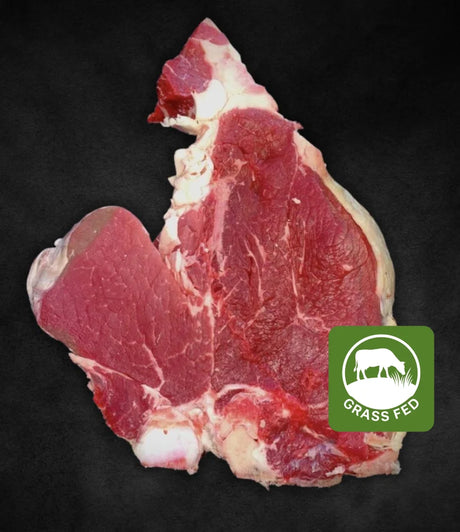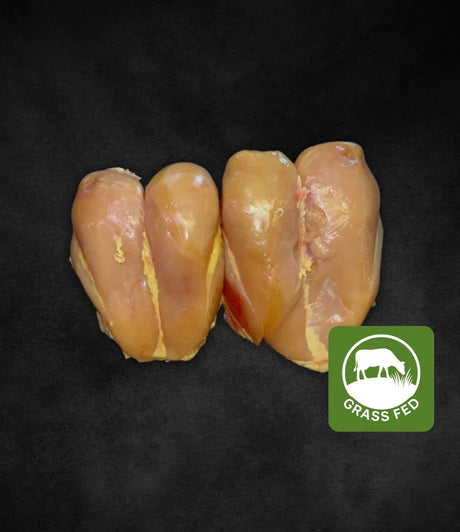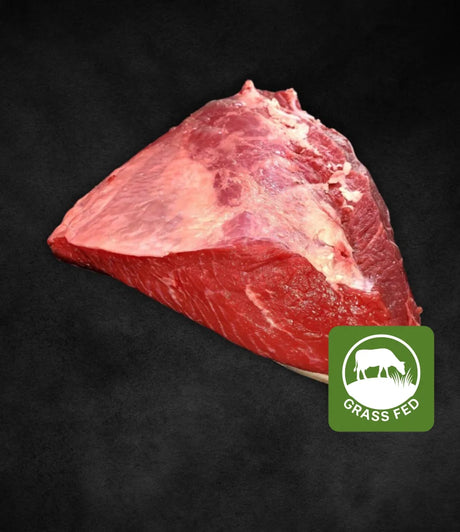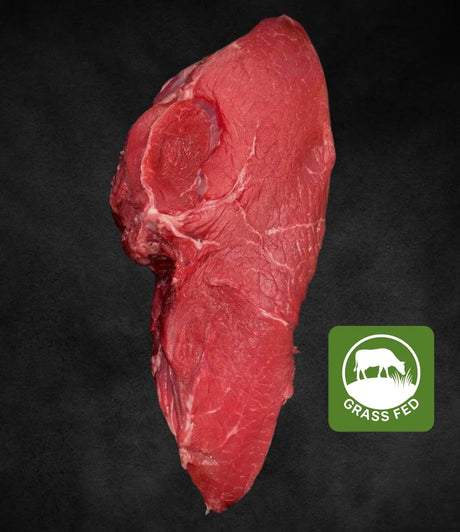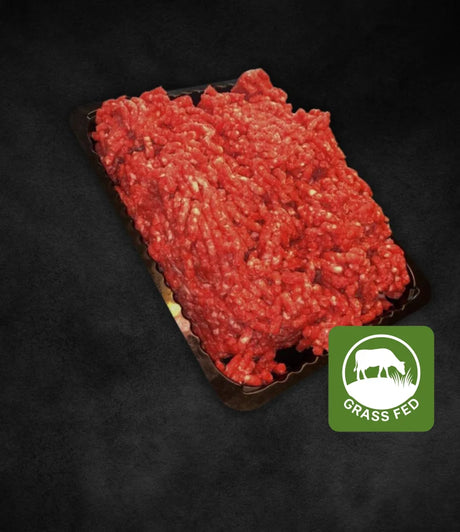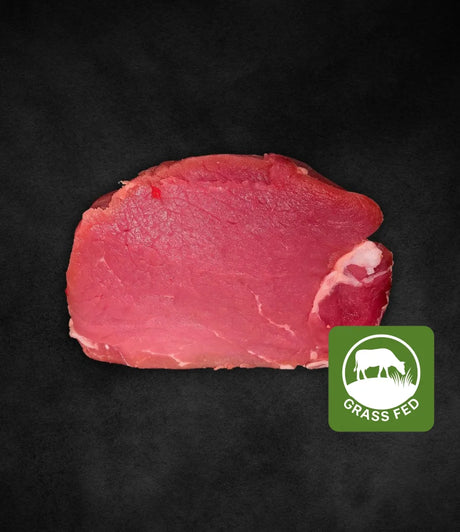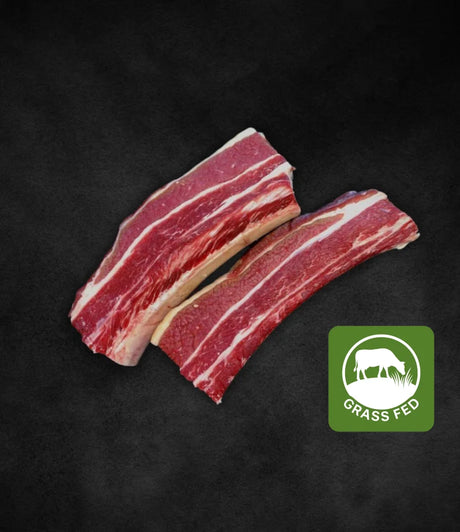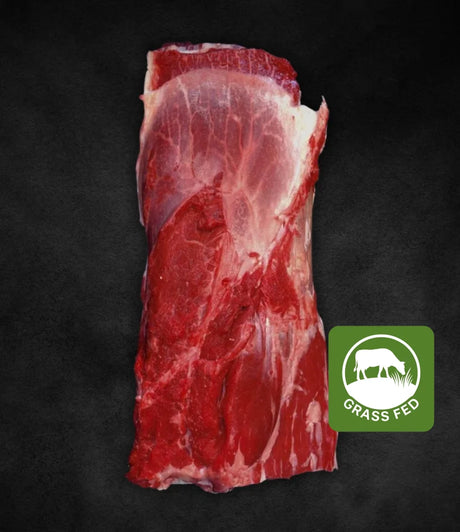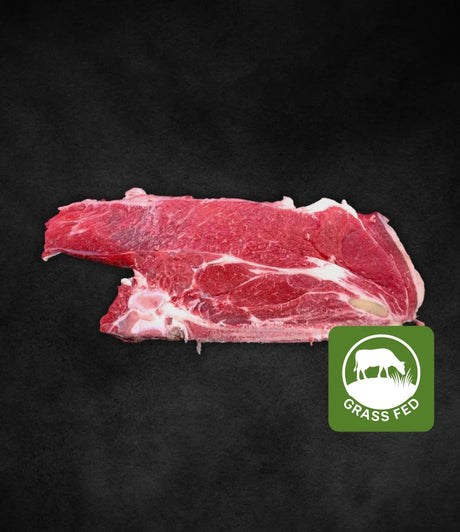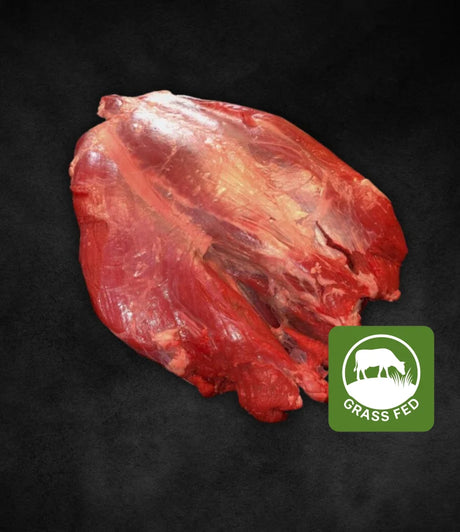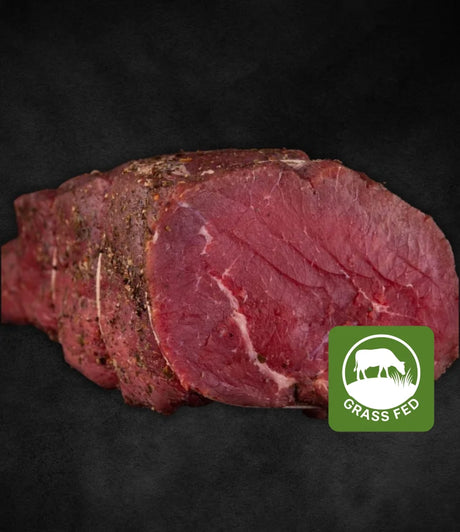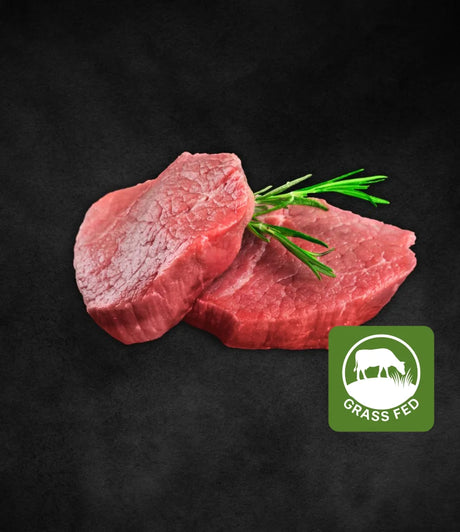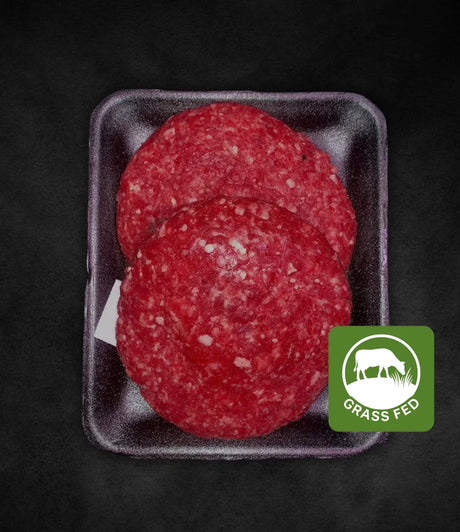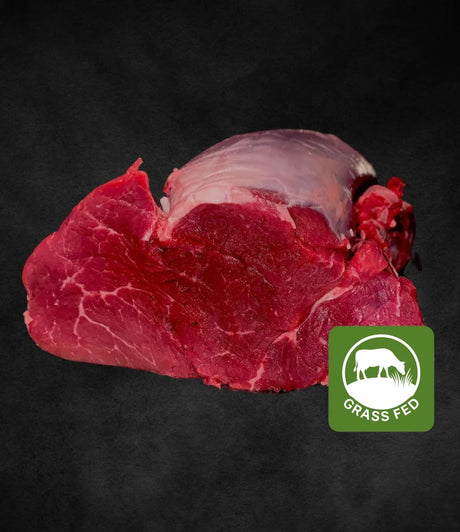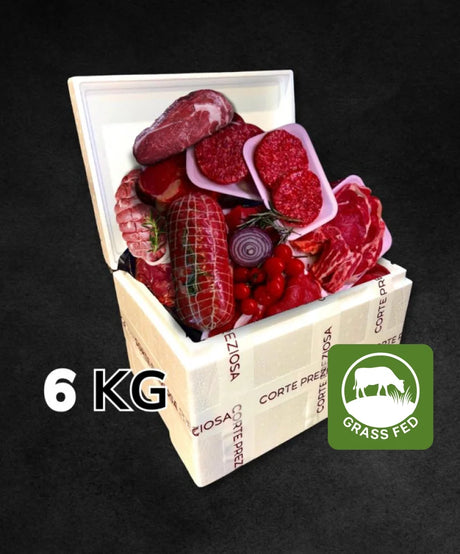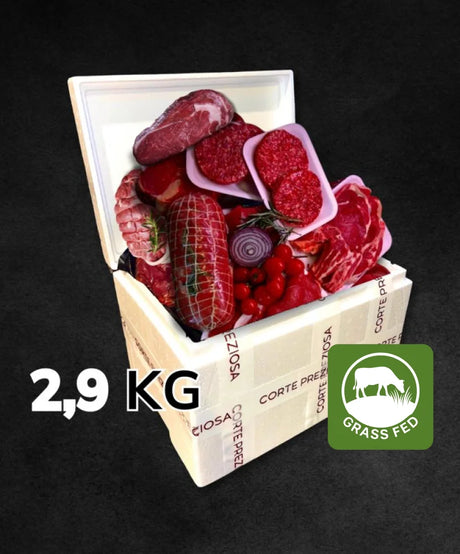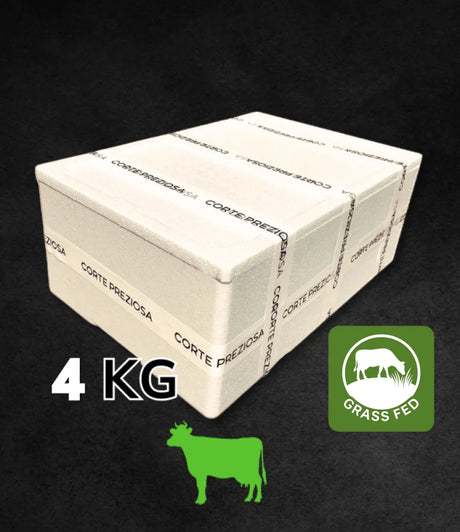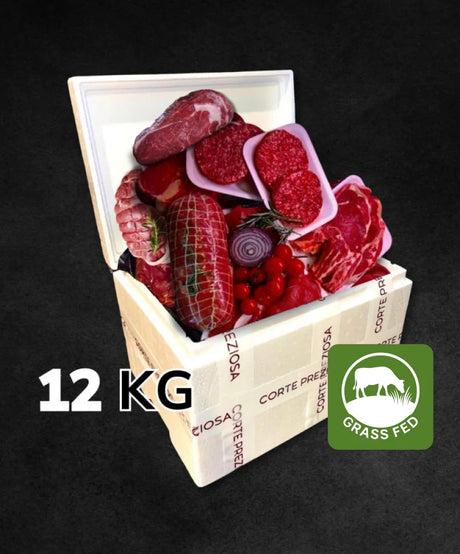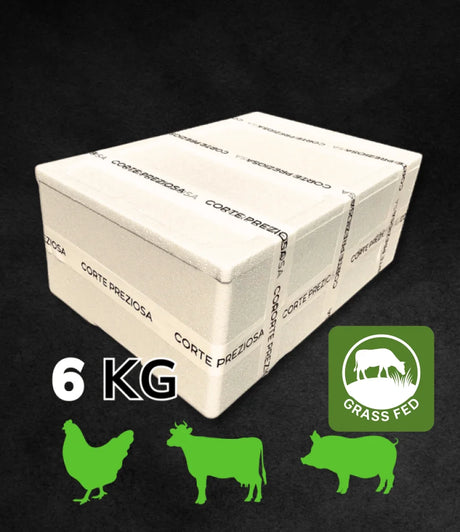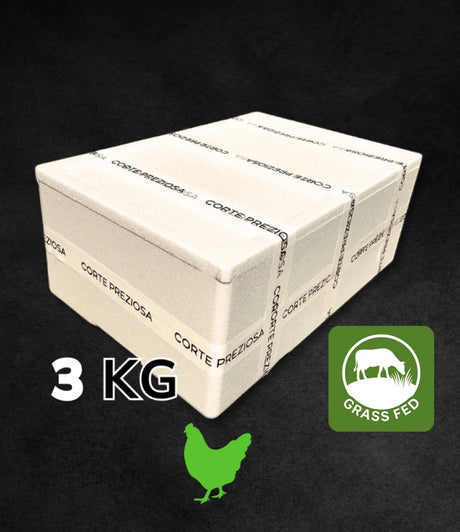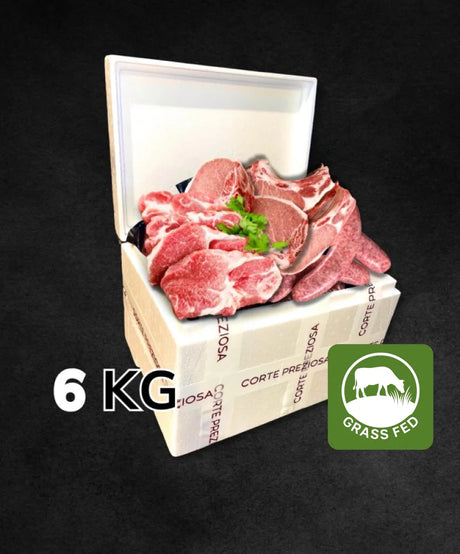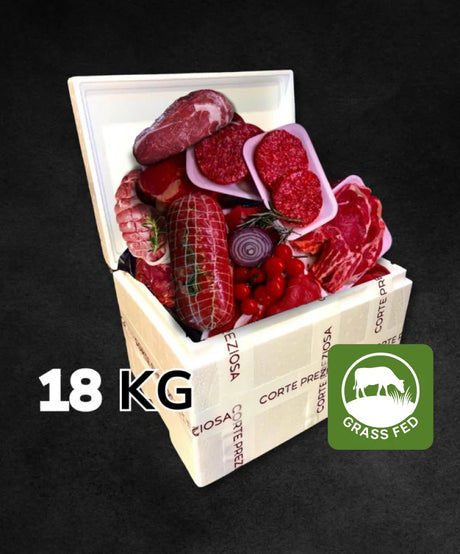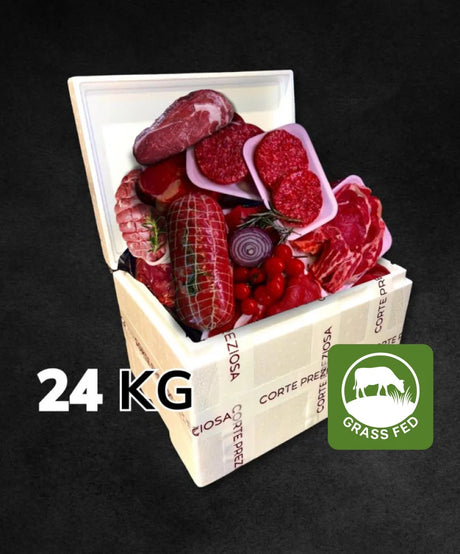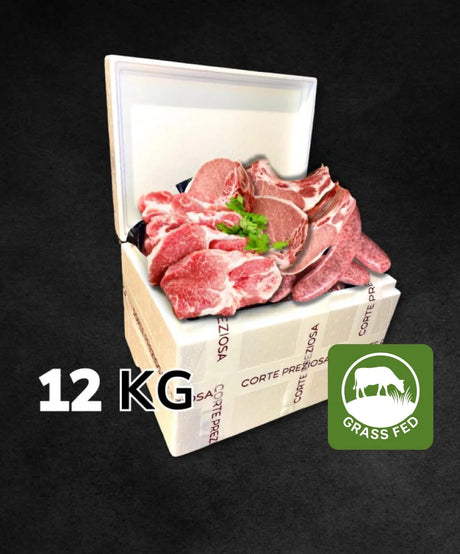The Power of a Caress: How Human Touch Improves Calf Well-being
In recent years, animal welfare has become a central issue in the livestock sector. Stress, unstimulating environments and inadequate management methods can have a negative impact on animals and, consequently, on the quality of meat and dairy products. But what if a simple human gesture could make a difference?
A recent study conducted in the United States has revealed a surprising truth: human contact, even just through caresses, can significantly reduce stress in calves. Let's find out together what this means for the future of farming!
Stress in Farm Animals
Animals bred for meat and milk production are often subjected to stressful situations, such as separation from their mothers, transportation or environmental changes. This stress not only affects their well-being, but can also compromise the quality of the derived products.
When an animal is stressed, its body releases high levels of cortisol, a hormone that can negatively affect the tenderness of meat and milk production. Reducing stress, therefore, is not only an ethical issue, but also a winning strategy for obtaining higher quality products.
The Discovery: Human Contact Is Good for Calves
A team of researchers from the University of California, Davis, decided to explore the effect of human contact on calves. They conducted an experiment in which some calves, in times of stress such as transport or separation from their mothers, received special attention from the operators.
The result? The cuddled calves showed a marked reduction in cortisol levels compared to those who had received no human interaction. This suggests that a small gesture of affection can actually improve animal welfare.
Temple Grandin: An Animal Welfare Visionary
This research only confirms the intuitions of Temple Grandin, one of the most influential figures in the animal welfare sector. Diagnosed with autism from a young age, Grandin has used her particular sensitivity to better understand animal behavior and improve breeding and slaughter conditions.
His innovations have transformed the way farmers interact with their livestock, demonstrating that reducing stress benefits both the animals and the quality of their meat.
A New Approach in Breeding
This study opens up new perspectives in the livestock sector. Livestock farmers are increasingly recognizing that animal welfare is not only an ethical issue, but also a determining factor in obtaining high-quality products.
Some possible improvements that could come from this discovery include:
✅ Greater interaction between operators and animals from birth
✅ Breeding environments designed to reduce stress
✅ Training breeders to adopt a more empathetic approach
From Wellness to the Table
If animals live better, the products we consume also improve. A more tender and tasty meat, a richer and more nutritious milk: it all starts with the care and attention towards the well-being of animals.
Thanks to this research, the future of breeding could be more respectful and aware. And all thanks to a simple but powerful gesture: a caress.
What do you think? Do you think that human contact can really make a difference for farmed animals?
---------------------------------------------------------------------------------------


